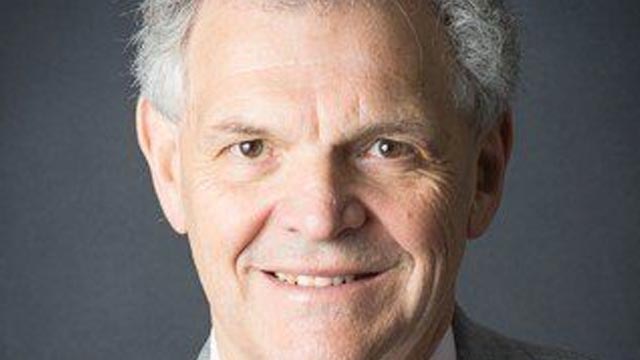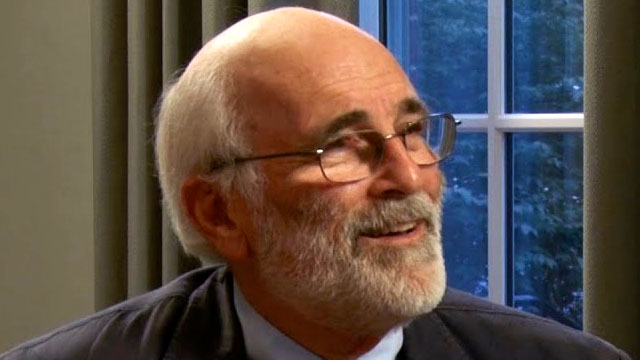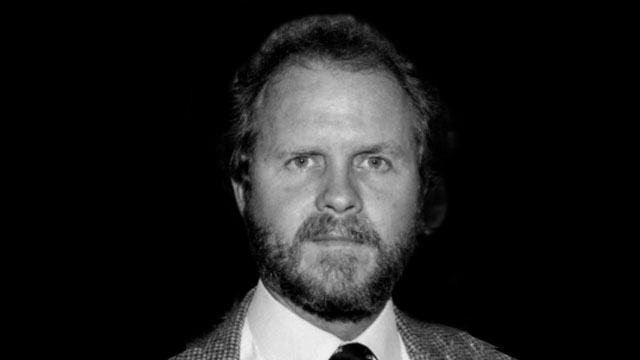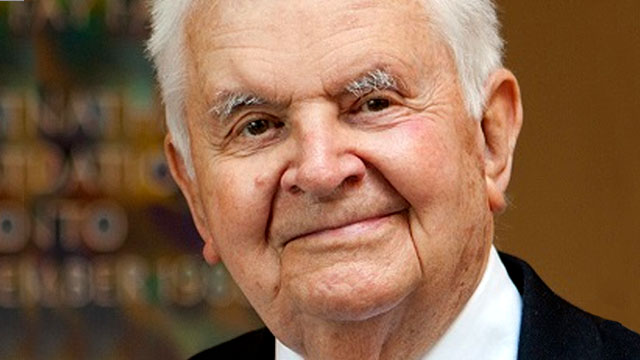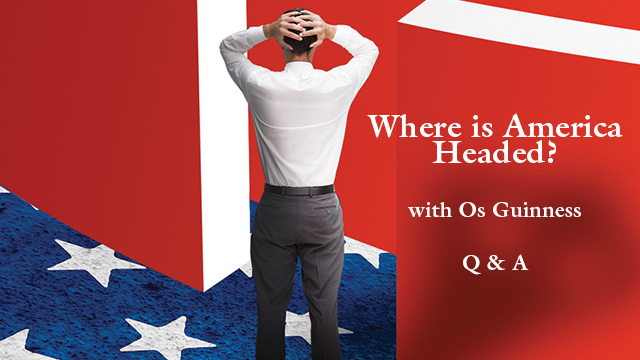Back to series


Obsession with Self-Identity, Sexuality, and Rewriting History
Drawing from his landmark book, The Rise and Triumph of the Modern Self: Cultural Amnesia, Expressive Individualism and the Road to Sexual Revolution, Dr. Trueman will share how philosophies and worldviews developed over the past 300 years shape our current cultural confusion and conflict.
What are we to do as Christians in a culture that is changing constantly and becoming more hostile to traditional Judeo-Christian values? A first step would be to get a better handle on how we got to this point in the first place.
Renowned historian and cultural commentator Dr. Carl Trueman will show us how today’s ideas on gender, sexuality, history and cancel culture are not new, but rather have been percolating for years. We’ll then talk about approaches to living out our Christian faith in the midst of a chaotic world. A Question and Answer session will follow.
This presentation has been developed into a special edition of Broadcast Talks. To read about Obsession with Self-Identity, Sexuality, and Rewriting History: How We Got Where We Are Today, please click here.
Additional Resources
Over the past 46 years we have developed many publications, discipleship resources, videos, and tools to help you to grow in your faith. We hope you will take the time to look through them. Because you were interested in this event we have pulled together the following resources that we believe will be of interest to you.
Knowing & Doing Articles
One of the great challenges for all Christians is to hold the balance between mind and heart, between doctrine and experience. If the doctrine is wrong, then the whole practice of our Christian faith will become distorted, and our Christian lives will be the poorer...
Lewis was an objectivist. He believed Reality existed independent of whatever one might think about it. Reality is objective. He did not believe that an objective person understood reality absolutely. One might believe in absolutes but still not understand anything absolutely...
The opening scenes are set in a home, with a family at table together. The father walks out into the backyard, and with terror in his eyes clutches his chest. A heart attack. And the camera slowly begins to take us up into the sky, looking down upon the body...
After he published his novel, Till We Have Faces, I asked Lewis on one occasion, of all the books he had written, what did he consider the most important Christian message he had given? With no hesitation, his reply was, “the three lectures I gave at Newcastle on The Abolition of Man, in 1942-43, together with my recent novel, Till We Have Faces” (1956). I think he already sensed disappointment that the latter novel was being scarcely noticed...
For me, and I suspect for many people, the writings of C.S. Lewis have become an important supplement in my daily walk with God. Lewis himself knew the importance of reading God’s Word daily and spending time in prayer and reflection. These are hallmarks of the mature believer...
Broadcast Talk Issues
The public square in Western society is no longer a place where people of orthodox Christian faith can feel they belong with any degree of comfort. We live in a culture where ordinary moral reflection and conversation about human sexuality and traditional marriage is often seen as a form of bigotry...
I was asked to address two questions: Where are we? and What lies ahead? The first one of course is by far the easier one, and the second one quite impossible. So I can’t answer the second one authoritatively, but I will tell you the things that I’m watching as we move into the future. But first, where are we?
I heard a commencement speaker not long ago define success as eventually being able to face your eighteen- year-old, past-self who would not be disappointed in you and how you turned out. I actually don’t think that’s a very good definition of success, depending on how mature one was at the age of eighteen...
Dr. Os Guinness responds to questions giving insights on how the church of Jesus courageously stand for biblical truth with wisdom, love and grace living faithfully and unashamedly for Jesus in America and the world today.
Podcasts - Questions That Matter with Randy Newman
In these below episodes, Randy discusses topics that pertain to discipleship through the study of history, sexuality, and CS Lewis' Abolition of Man. These resources are a part of Dr. Randy's Questions that Matter Podcast, which releases new episodes bi-weekly.
It’s easy to get stuck in the present and not learn or benefit from the past. Dave Moore loves history but laments that many Christians don’t share his enthusiasm. But this is more than a matter of taste. We must value how God has worked in the past or we’ll not grow in our faith the ways we need to...
Questions around sexuality and gender are always before us in our highly sexualized world. Author and pastor Sam Allberry helps us think deeply and clearly and communicate compassionately about these difficult topics.
Note: This episode may not be appropriate for children, due to the frank discussion about sexuality.
We’re facing a growing tide of harmful views about gender and sexuality. Fortunately, the gospel is good news in all situations. Author Nancy Pearcey shares encouraging and deep insights from her recent book Love Thy Body: Hard Questions about Life and Sexuality.
C. S. Lewis’s book The Abolition of Man may be one of his most important books. Unfortunately, it’s also one of his most difficult books. We all need some help getting the full force of the important argument in it. Michael Ward has written a very helpful guide and shows how Lewis’s insights were prophetic when he wrote them in 1943 and may be even more important in our current day and age.
Reflections - One-Page C.S. Lewis Thought Piece
In C.S. Lewis’s fictional book, The Great Divorce, ghosts living in hell are permitted to visit heaven. In chapter 5, two former acquaintances meet. One, who had been a bishop, is now a ghost living in hell. The other, Dick, now lives in heaven. Listen in on part of their conversation...
In his 1958 book Reflections on the Psalms, in a chapter titled ”Sweeter Than Honey,” C.S. Lewis considers what the Psalms say about the Law of God. Among other things, he considers Psalm 119, “the Psalm specially devoted to the Law,”1 and compares the good and true way of God versus rival ways of life. An excerpt follows...
C.S. Lewis’s book The Screwtape Letters was first published in 1942, during the Second World War. One of the topics he addresses is living in times of anxiety and uncertainty. (In this book, Lewis is writing from the devil’s perspective — showing us his temptation playbook.) In one letter, senior devil Screwtape writes to his nephew Wormwood...
In 1947, C.S. Lewis received a letter from Don Giovanni Calabria, a priest living in Verona, Italy, written in Latin. The priest had read an Italian translation of Lewis’s book The Screwtape Letters, and wrote to Lewis in Latin since he did not know English. The letter was the beginning of a series of correspondence between the two men, all in Latin, that would last until the priest’s death in 1954...
C.S. Lewis’s words are timely as some church goers, even in the evangelical church, are drifting away from historical, biblical, orthodox Christian faith, and falling prey to the current heresies of our day. Lewis writes...
In his book, The Abolition of Man, Lewis was prophetic in pointing out that relativism—the idea that there are no absolute truths—would lead to the decay of morality and a lack of virtue within society. Without a belief in and the teaching of universal moral laws, we fail to educate the heart and are left with intelligent men who behave like animals or as Lewis puts it, “Men without Chests."...
In his book, Miracles, C.S. Lewis uses logic to critique the atheist’s idea that nothing exists outside of Nature. Then, he demonstrates that the rational way to make sense of the world we live in begins with an understanding that a Supernatural God, who exists independent of Nature, created the physical world. He writes...
Many people today are seeking to know who they really are, but they are going about it in the wrong way. Only Jesus Christ can help us discover and become who we are meant to be. In his conclusion to Mere Christianity, C.S. Lewis gives us the answer...
One of God’s good gifts to humanity is the capacity for sexual intimacy between husband and wife. At its best, sexual intimacy is mutual self-giving, emotionally and physically, in the security of a commitment to lifelong faithfulness. Although relatively few people experience this reality, it is part of God’s purpose in marriage and possible for those who seek it...
Although human sexuality is God’s design and gift, since the Fall men and women have often found it hard to embrace this wonderful gift as God originally intended. However, just because something is difficult doesn’t mean it is impossible...
Everyone who has trusted Jesus Christ for salvation is called to transformation of life. The more clearly we understand this, the better we will be able to cooperate with God’s work in our lives. C.S. Lewis sheds light on this transformation...

Carl Trueman
ProfessorCarl Trueman, Professor, is a Christian theologian and ecclesiastical historian. He was Professor of Historical Theology and Church History at Westminster Theological Seminary, where he held the Paul Woolley Chair of Church History. In 2018 Trueman become a full-time undergraduate Professor at Grove City College, serving as Full Professor in their Department of Biblical and Religious Studies. He has an M.A. in Classics from the University of Cambridge and a Ph.D. in Church History from the University of Aberdeen. Trueman has authored or edited more than a dozen books, including The Rise and Triumph of the Modern Self, The Creedal Imperative, Luther on the Christian Life, and Histories and Fallacies.

 COPYRIGHT: This publication is published by C.S. Lewis Institute; 8001 Braddock Road, Suite 301; Springfield, VA 22151. Portions of the publication may be reproduced for noncommercial, local church or ministry use without prior permission. Electronic copies of the PDF files may be duplicated and transmitted via e-mail for personal and church use. Articles may not be modified without prior written permission of the Institute. For questions, contact the Institute: 703.914.5602 or email us.
COPYRIGHT: This publication is published by C.S. Lewis Institute; 8001 Braddock Road, Suite 301; Springfield, VA 22151. Portions of the publication may be reproduced for noncommercial, local church or ministry use without prior permission. Electronic copies of the PDF files may be duplicated and transmitted via e-mail for personal and church use. Articles may not be modified without prior written permission of the Institute. For questions, contact the Institute: 703.914.5602 or email us.
Speakers

Carl Trueman
Professor
Team Members

Carl Trueman
ProfessorCarl Trueman, Professor, is a Christian theologian and ecclesiastical historian. He was Professor of Historical Theology and Church History at Westminster Theological Seminary, where he held the Paul Woolley Chair of Church History. In 2018 Trueman become a full-time undergraduate Professor at Grove City College, serving as Full Professor in their Department of Biblical and Religious Studies. He has an M.A. in Classics from the University of Cambridge and a Ph.D. in Church History from the University of Aberdeen. Trueman has authored or edited more than a dozen books, including The Rise and Triumph of the Modern Self, The Creedal Imperative, Luther on the Christian Life, and Histories and Fallacies.



